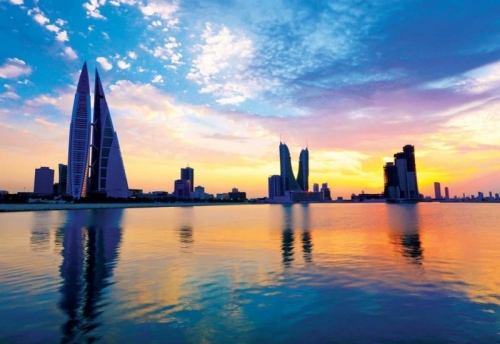Bahrain scores big with human capital
As a country with a rich heritage of education, it is no surprise that the Kingdom of Bahrain Bahrain has been ranked as the top destination in the Arab world after the UAE and 46th globally in the latest edition of the World Bank’s annual Human Capital Index released last week.
The list makes interesting reading because it shows that access to resources and wealth or size are not the key factors in how a country shapes its human capital. After all, Singapore, which took the first place globally, is much smaller than the USA or Canada and has almost no natural resources to boast of.
Still, the Asian island nation, often seen by our Crown Prince HRH Prince Salman bin Hamad Al Khalifa as a benchmark for Bahrain, tops the chart when it comes to people’s health and education - the report focuses on the knowledge, skills, and health that a child born today would accumulate by their 18th birthday.
The baseline for the study was drawn from pre-pandemic data and undoubtedly, the COVID-19 health disruption has shattered progress everywhere. Nowhere is this seen more clearly than in the progress of women and disadvantaged groups. The shift to work and education online platforms has widened the digital gap globally and has also impacted a whole generation socially.
I look around and am aghast that we are so casually bringing up a generation of square-eyed children addicted to passive stimuli from their laptops and phones. And where are they learning it from? From the best – or is it worst? – teachers: their adult role models. Parents, guardians..all adults.. are guilty of taking the easy way out and encouraging children to get hooked to the digital babysitters: television, computers, and phones.
Instead of making the pandemic an excuse for letting our children’s minds grow flabby through underuse and their bodies get stunted from being couch potatoes, we adults must take it up as a challenge to be innovative and encourage new ways of engaging with them.
Are we spending more time with them, talking to them, and explaining why their world has changed so much? Are we making time to structure physical exercise and playtime outdoors under careful supervision with social distancing? Are we encouraging them to articulate their experiences so that they learn to express themselves and build a bank of memories and feelings to navigate the future world? These are the pointers we must work on, now that we know where we stand. The next report of the index must see an even better and brighter Bahrain.
Related Posts

